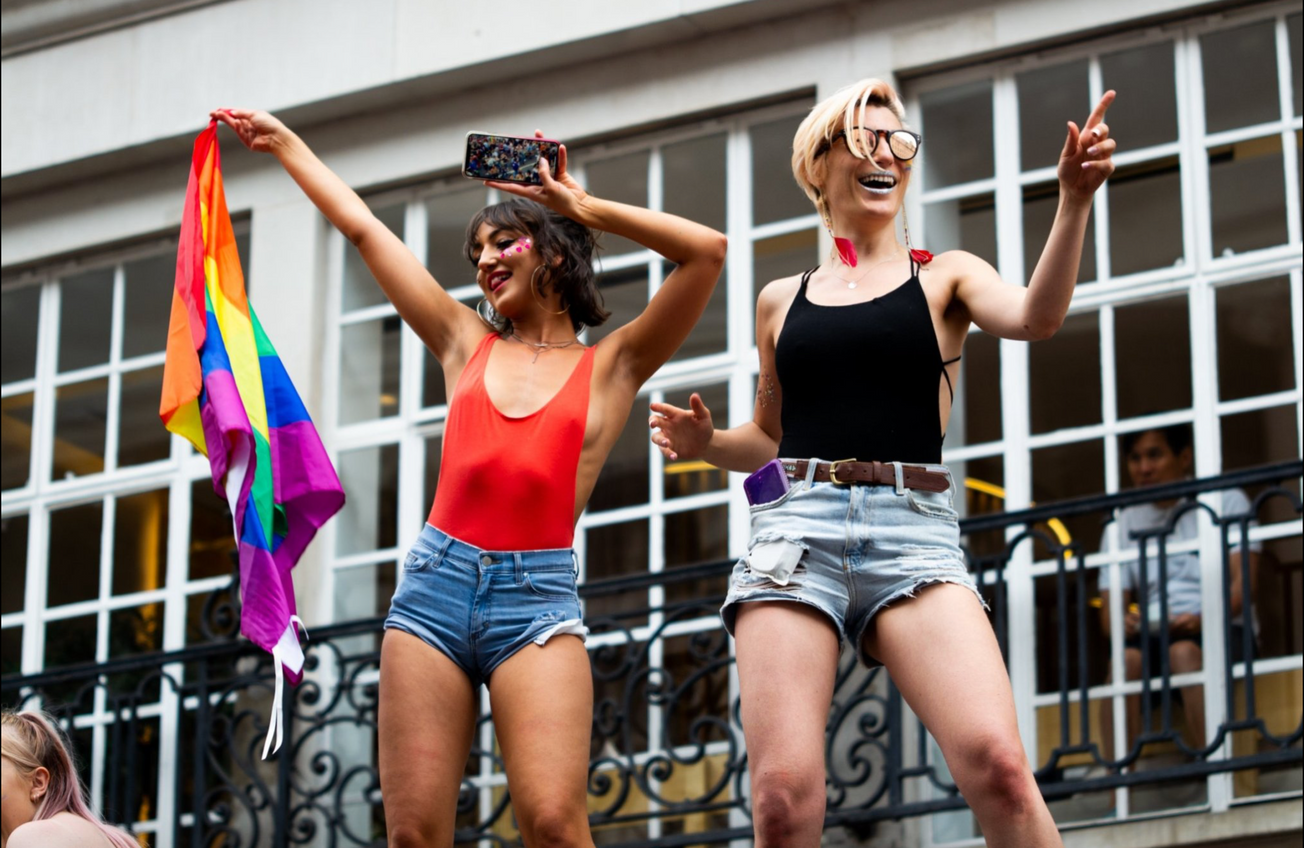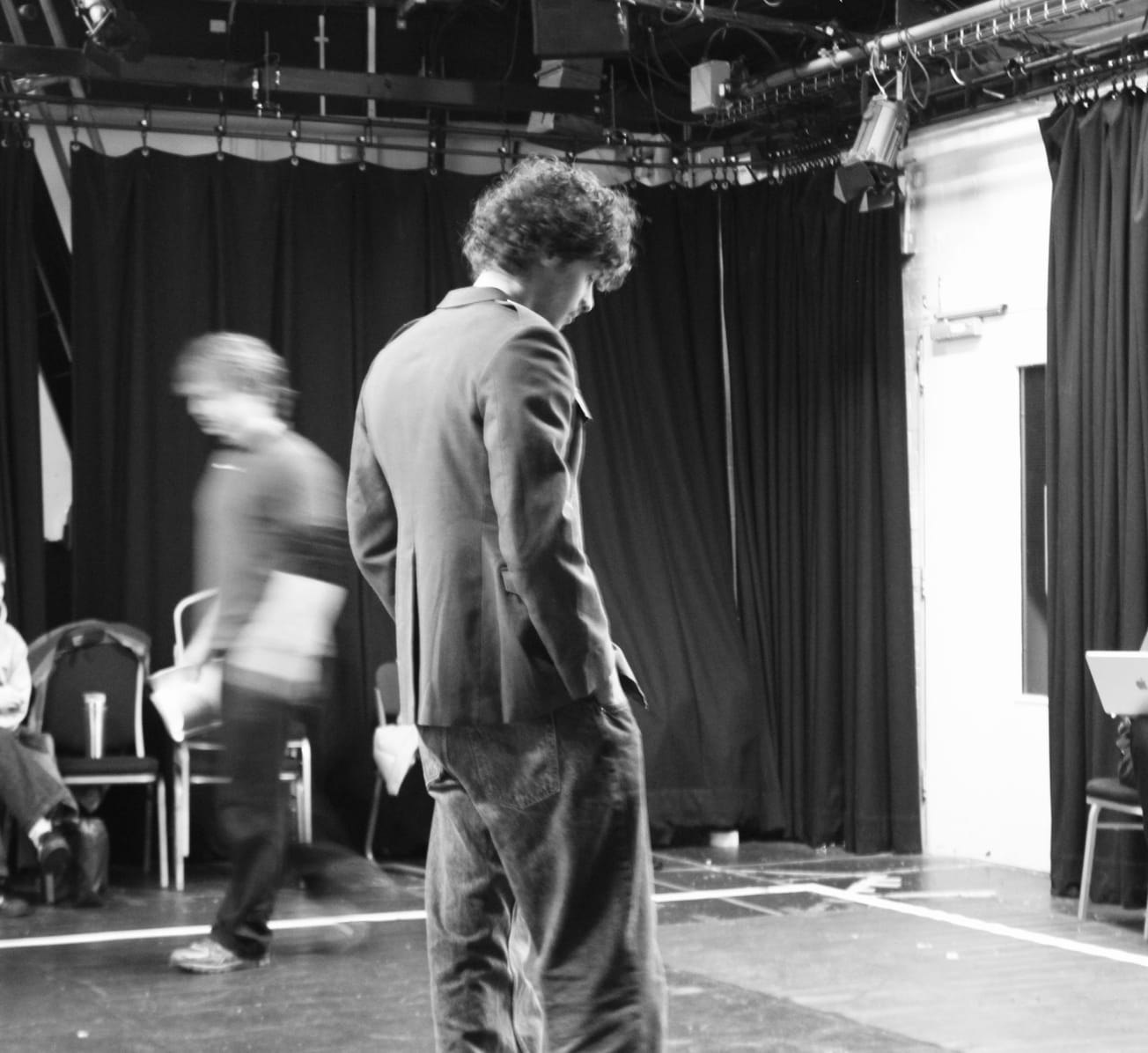By, Japeth Monzon, 1st Year, Law
To celebrate LGBT history month is not only celebrating the feats and accomplishments of gay, lesbian, queer and transgender individuals, but it is to celebrate the pure tenacity of the human spirit.
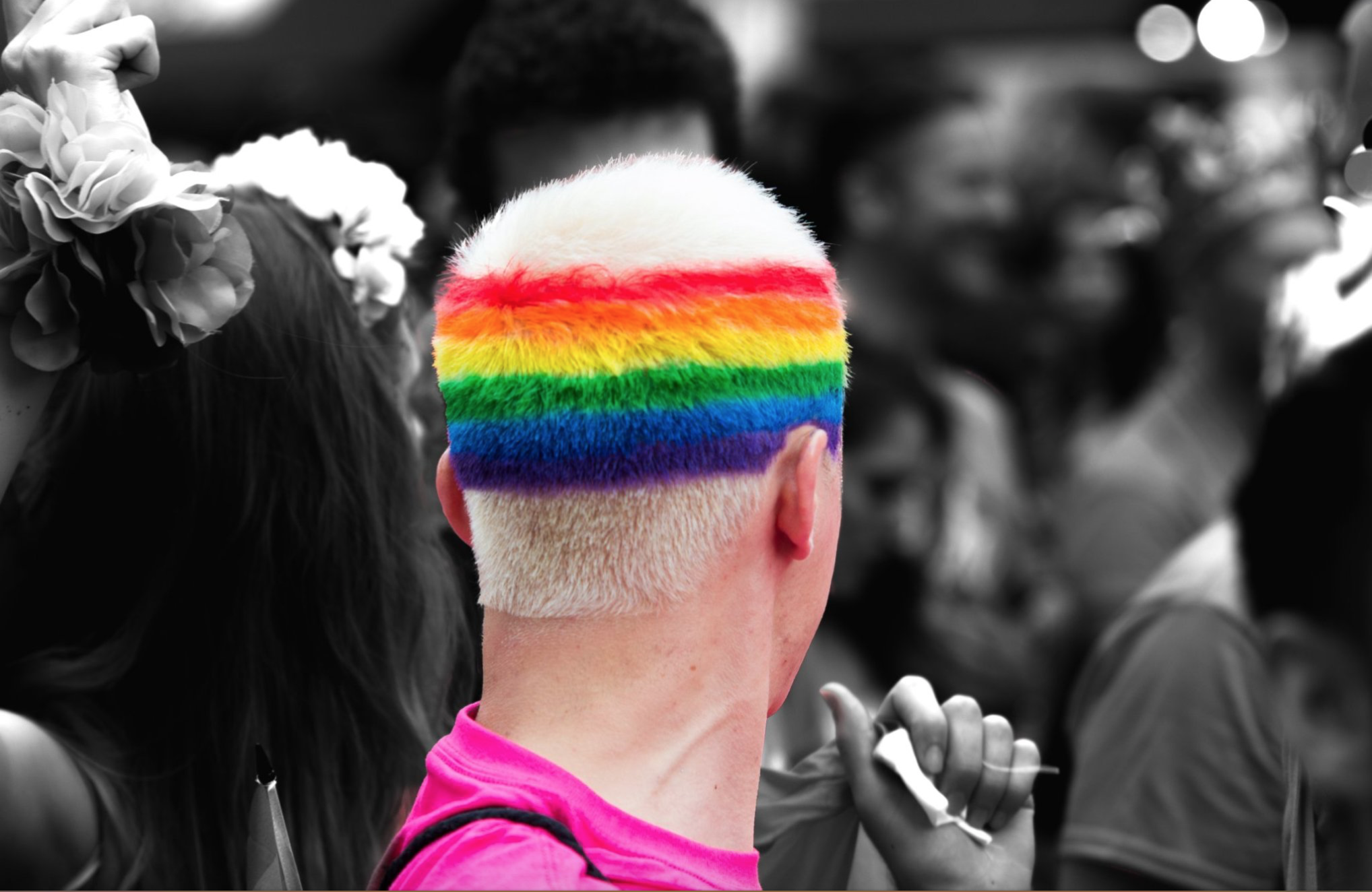
After Section 28 of the Local Government Act 1988 was passed on the May of 1988, members of the LGBT+ Community and its staunch allies took to the streets to protest what seemed to be an erasure of their existence. Section 28 prohibited the ‘promotion’ of homosexuality in schools as well as prohibiting films and literature pertaining to homosexuality from being provided in libraries.
The reaction was vitriolic, yet awe-inspiring. The actions of protestors such as the three lesbian women who abseiled down the public gallery in the House of Lords – promptly named the ‘Sexual Avengers’ – and the 20,000 protestors who congregated in Manchester are each a reminder of the tenacity of human nature.
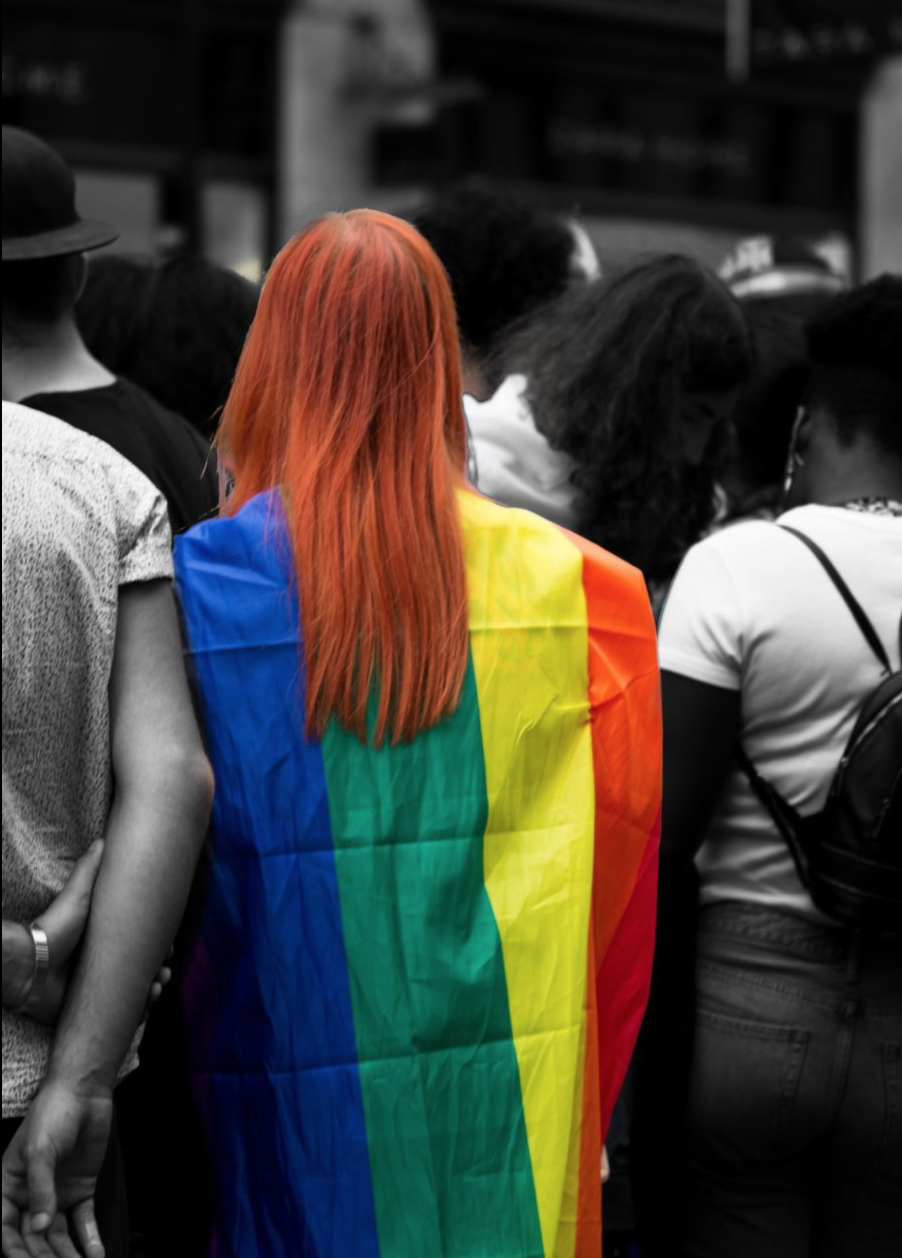
Even with the defeat of a bill proposed by the Labour government to repeal Section 28 in February 2000, members of the LGBT+ community did not back down. Too many people had died at the hands of discrimination and lack of education surrounding sexual health amongst queer individuals. The least that could be done was to break the cycle started by Section 28.
Indeed, LGBT History Month intends to do what Section 28 prohibited – educate people about the accomplishments and sacrifices made by LGBTQ+ individuals in history. LGBT History Month is arguably a necessity. Even with the repelling of Section 28, Stonewall (2017) discovered that two out of five LGBT+ students have been taught nothing about LGBT+ history or relationships. Instead of receiving accurate and guided information about their own sexual orientation, LGBT+ youths are being forced to seek out answers to their questions through unregulated and unverified sources of information. In these cases, misinformation is more dangerous than receiving no information at all.
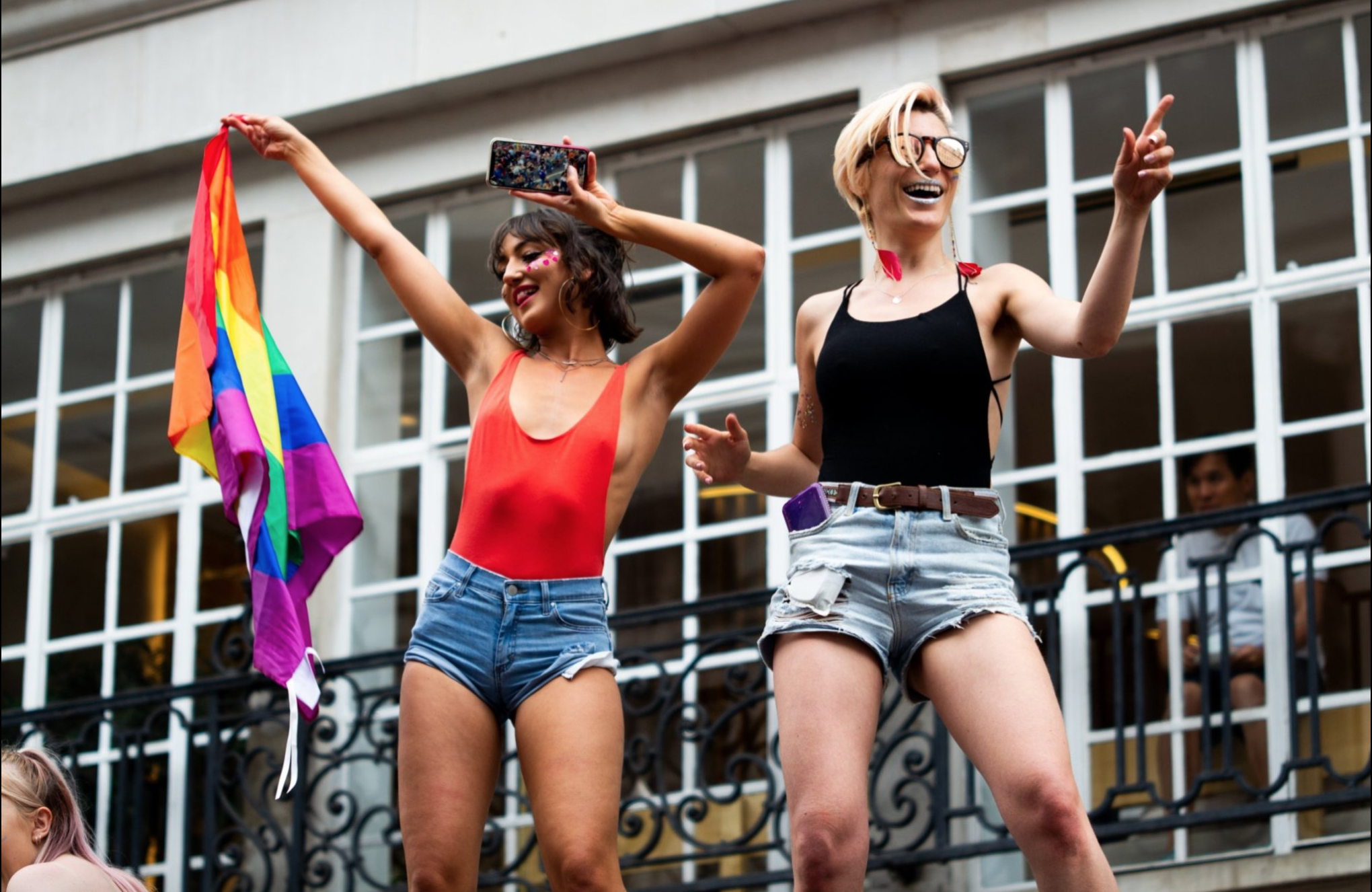
And so LGBT History Month continues its purpose as a month of education and celebration. In an era codified by mass communication, the propagation of LGBT+ knowledge and advice has become easier than ever. With wildly successful programmes like RuPaul’s Drag Race UK (and its American counterpart), the stories of LGBT+ activists, big or small, are being told to queer and non-queer individuals alike.
Now LGBT+ representation is more prominent in mainstream media many may argue that the march for equality is no longer necessary. But LGBT+ individuals are still facing societal discrimination. At the forefront of the community’s continuing battle for true equality are transgendered individuals – many of whom, such as those of colour, receive the brunt of the discrimination and inequality thrown the community. In fact, according to Stonewall more than a third of trans students in university have experienced negative reactions and comments to their gender identity.
We're getting ready for a super busy February! 😍 This week catch us...
— Bristol SU (@Bristol_SU) February 3, 2020
🗳️ Spreading the word about TB2 elections #SUYesYou
🏳️🌈 Celebrating LGBT+ History Month
🌱 Attending Sustainability Month events
🍺 Naming the new SU Spaces
Find out more >> https://t.co/JMSa1YYHIh pic.twitter.com/gzPltDbtBD
Yet, in the midst of startling statistics regarding the discrimination faced by LGBT+ individuals, LGBT History Month becomes a way in which we can celebrate the accomplishments of notable queer individuals in history. LGBT History Month allows us to remember the sacrifices made by those such as Marsha P. Johnson, Harvey Milk, Alan Turing and celebrate the ongoing accomplishments of contemporaries such as Laverne Cox, Ellen Page, King Princess, Lachlan Watson and countless others. Whilst these individuals are all LGBT+, they can also stand as role models displaying defiance against the odds. The sheer human tenacity of those commemorated by LGBT History Month can be used to apply to all of those looking for someone to look up to at a time of difficulty and strife.
Misinformation is more dangerous than receiving no information at all
And thus, that is why LGBT History Month must be celebrated. Not only do we remember the sacrifices made by our predecessors and the accomplishments made by others, we celebrate sheer determination against the overwhelming odds of a society steeped in cis heteronormativity. We celebrate the progress made by the LGBT+ community (such as the repeal of Section 28 in 2003) and we encourage people of all creeds, orientations and backgrounds to never give up – no matter the odds.
What are you doing to celebrate LGBTQ+ history month?

